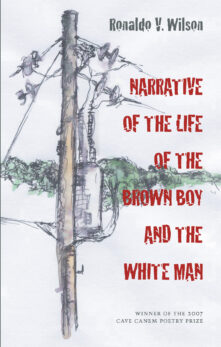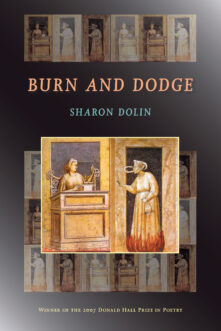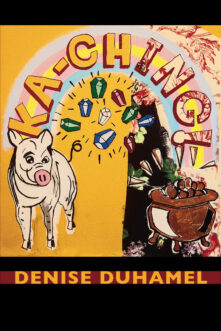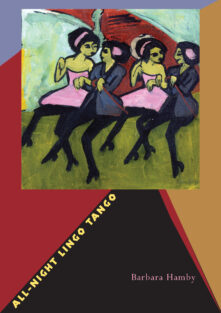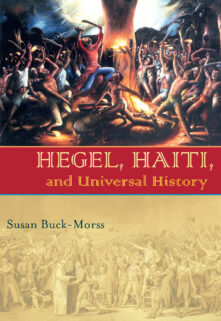Books
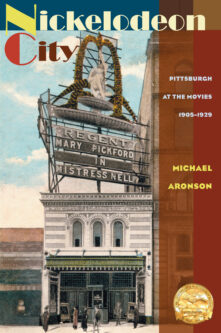
Nickelodeon City
Pittsburgh at the Movies, 1905-1929
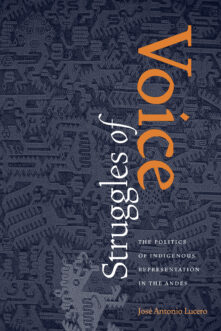
Struggles of Voice
The Politics of Indigenous Representation in the Andes
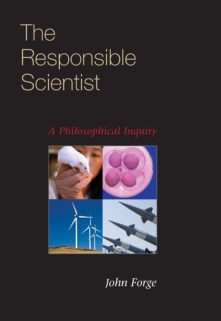
The Responsible Scientist
A Philosophical Inquiry
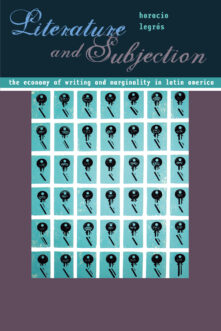
Literature and Subjection
The Economy of Writing and Marginality in Latin America

Love on the Streets
Selected and New Poems
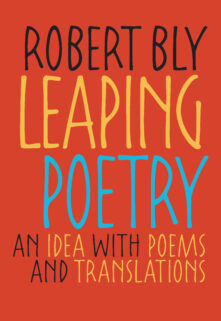
Leaping Poetry
An Idea with Poems and Translations
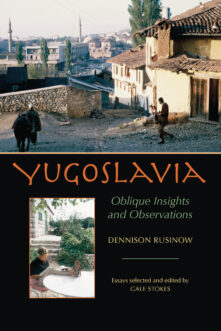
Yugoslavia
Oblique Insights and Observations
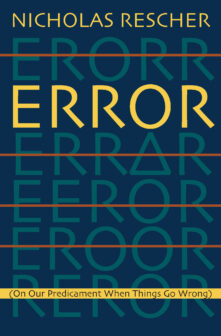
Error
(On Our Predicament When Things Go Wrong )
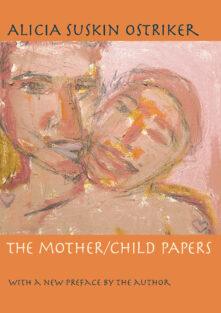
The Mother/Child Papers
With a new preface by the author
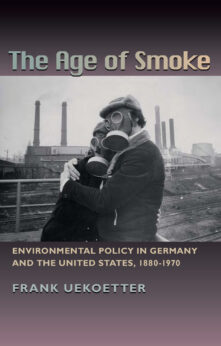
The Age of Smoke
Environmental Policy in Germany and the United States, 1880-1970
Total 1559 results found.


